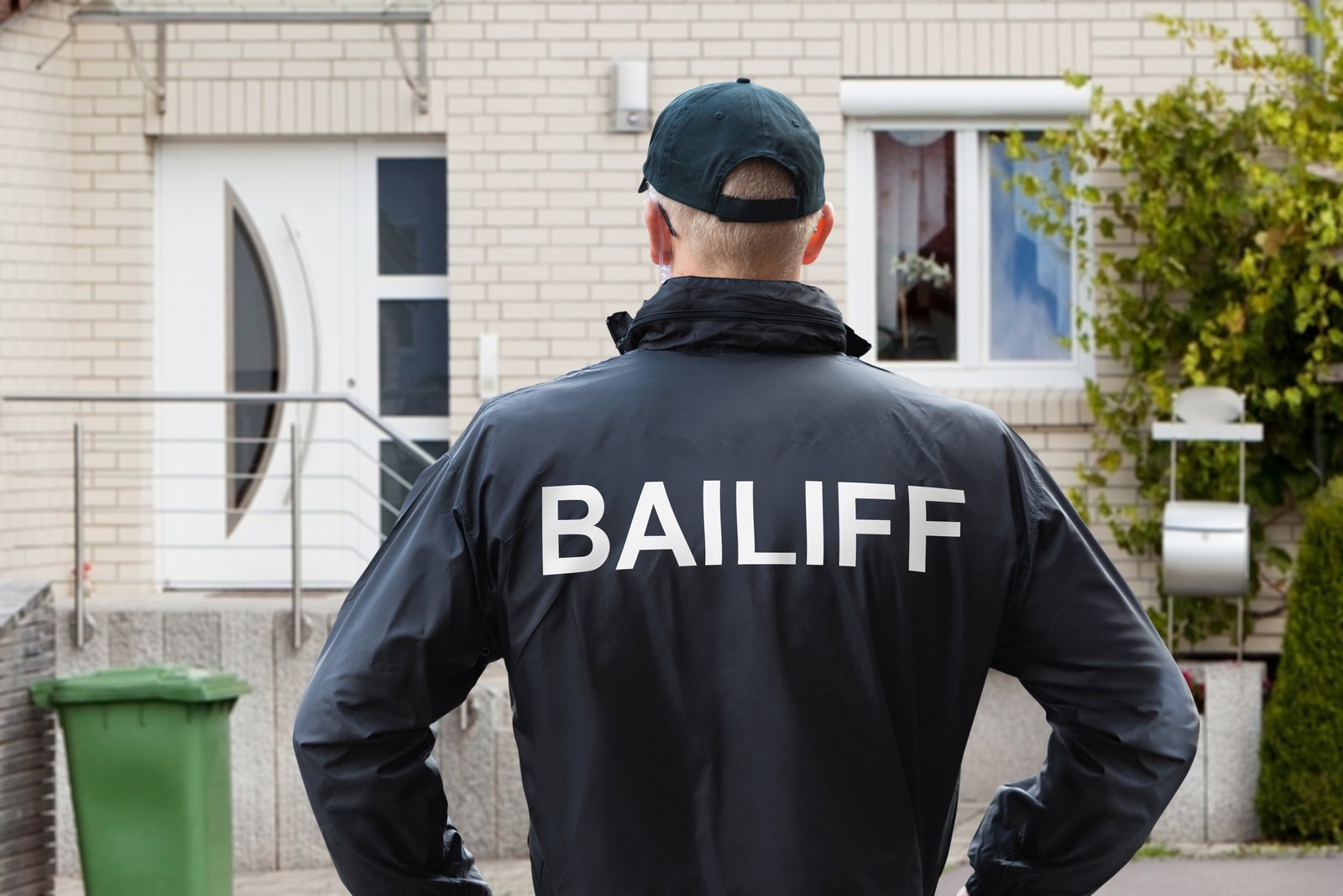Affordability checks are an important part of being a responsible lender, but what happens if they don’t take place? Find out more about irresponsible lending and what you can do if you believe you’ve been treated unfairly
What is irresponsible lending?
Irresponsible lending, sometimes also called predatory lending, is the practice of lending money without properly checking the borrower’s affordability.
While most lenders have your best interests at heart and will take steps to lend responsibly, if they fail to carry out the appropriate checks before giving you a loan or any other type of finance, you could be at risk of experiencing financial difficulty.
Irresponsible lending can include giving you a loan that’s bigger than you need or that you can’t afford to pay back. In both cases, this could lead you to fall into debt or feel forced to cut back on essential living costs so you can keep up with your repayments.
What must a lender do to lend responsibly?
For a lender to act responsibly, they should only lend money that they’re relatively certain they’ll get back.
When you apply for a loan or finance agreement, a responsible lender should carry out checks – known as affordability checks – to ensure that you can realistically afford to manage and repay the debt.
And that’s not all, lenders should be confident that you can repay the debt:
- in full and on time
- without having to borrow more money
- without falling behind with your existing financial commitments
- without causing you any financial hardship
These doesn’t only apply to new loans, if your credit card provider increases your credit limit without checking that you can afford the new amount, this is considered irresponsible lending.
What is an affordability check?
An affordability check will form part of almost every finance application you make. It should also take place if you’re looking to extend or refinance an existing loan.
To carry out an affordability check, the lender will likely ask you to complete a few details. These may include:
- Your monthly household income
- Your essential household expenses
- Your existing credit agreement repayments
All these figures will be used to calculate your disposable income, which is the amount of spare cash you have available to put towards a new loan.
Lenders will also look at your credit report to help them make an assessment and determine whether a proposed loan amount is appropriate for your individual circumstances.
What happens if I give the wrong information to a lender?
When providing details for your affordability check, it’s important that you give honest and accurate information. While it might be tempting to exaggerate your income or leave out certain expenses to improve your chances of securing the loan amount you want, these inaccuracies could make your financial situation worse in the long run. Affordability checks are in place to protect you and ensure that your loan payments won’t put you in financial difficulty.
It’s also worth keeping in mind that if you’re found to have provided false or incorrect information, this could prevent you from making an irresponsible lending complaint and might even make it harder for you to get another loan in the future.
What can I do if I’ve been lent money irresponsibly?
If you believe your lender has acted irresponsibly, you can make a complaint. Complaints can be made directly to the lender and to the Financial Ombudsman Service.
During the complaints process, try to keep making payments towards your debt if you can as this could help improve your outcome.
In the past, companies found to be in fault have been required to refund the interest paid or even completely write off outstanding debts that are found to have been lent irresponsibly. However, there’s no guarantee that this will be the outcome of your complaint. Instead, your lender may offer a compromise such as agreeing to lower your monthly payment amount.
If you choose to escalate your complaint to the Financial Ombudsman Service, they’ll carry out an investigation to determine whether reasonable or proportionate checks took place. They’ll also assess whether you were treated unfairly by the lender. If they find in your favour, they will usually ask the lender to take steps to put things right, which might include awarding additional compensation.







